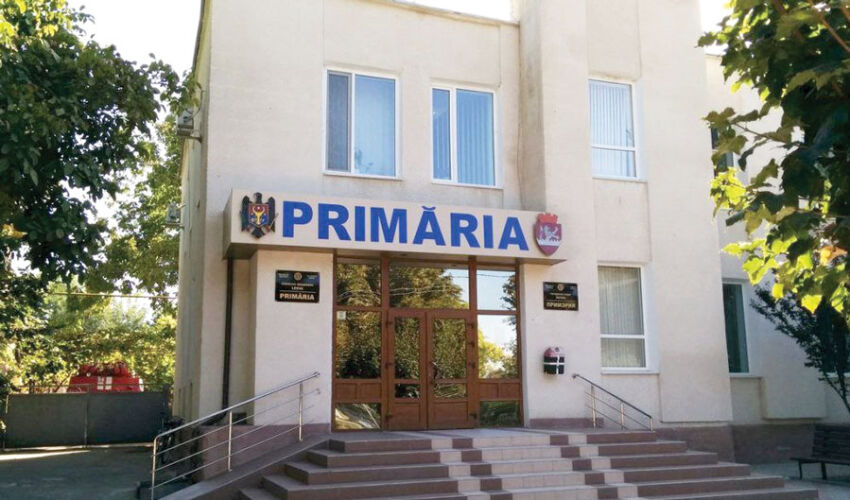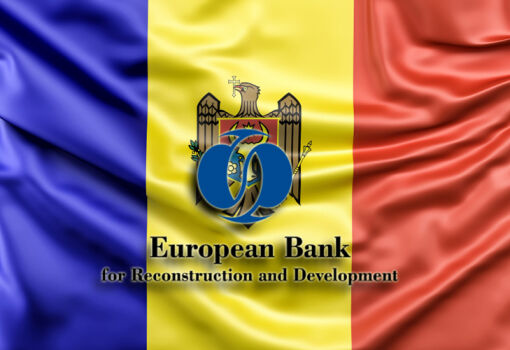
The process of voluntary unification of mayoralties is supported by the state with the help of a special fund. This year, 89 million lei was earmarked for this purpose in the state budget. At the moment, 34 more mayoralties have started the voluntary merger procedure. This is the beginning of the administrative-territorial reform process, which the authorities plan to complete in 2030. The voluntary merger of mayoralties will be an intermediate stage in its implementation.
The unification project was developed in Moldova back in 2018. A similar scheme was used to consolidate villages in the Czech Republic, Poland, Slovakia and the Baltic countries. There, this process took several years. The essence of the initiative is to merge small mayoralties that lack their own funds. After the merger, specialists continue to work in the merged mayor’s office, and administrative costs are reduced by the councils and management.
The merger procedure in Moldova is based on the Law on Voluntary Merger of City Halls. It was developed in order to provide citizens with a higher level of public services, which are underdeveloped or absent in small villages. The united mayoralties receive financial incentives from the state. First of all, these are funds for projects to create common infrastructure, including roads, utilities, transportation, etc.
The state provides funding of up to 1 million lei directly for the merger process. These funds are intended for the preparation of technical projects. Another 2 million lei are allocated for other expenses, including the increase of salaries of the mayoralties’ specialists, according to the council’s decision. They may be increased by 20-30%. The document also envisages investments from the state budget for infrastructure and development, the amount of which is calculated per the number of residents.
The unification procedure provides for a mandatory decision of local councils, taking into account the position of the inhabitants of the locality. This is followed by the stage of preparation of methodology and documentation, which usually takes six months. During this period, decisions are made to regulate the services that will be provided after the merger of mayoralties.
During the discussion of the law, there were proposals to provide for the possibility of keeping small mayoralties in Moldova. Those, which by the number of inhabitants do not reach the limits of 3 thousand inhabitants, and in exceptional cases – 2 700 inhabitants, established in the law. But in spite of that they provide high own incomes, and it is not profitable for them to join.
Today, unification takes place on a voluntary basis, experts specify. So far, there is no mandatory process of enlargement of villages. And when the reform will be developed, then a decision will be made with regard to such villages as well.






